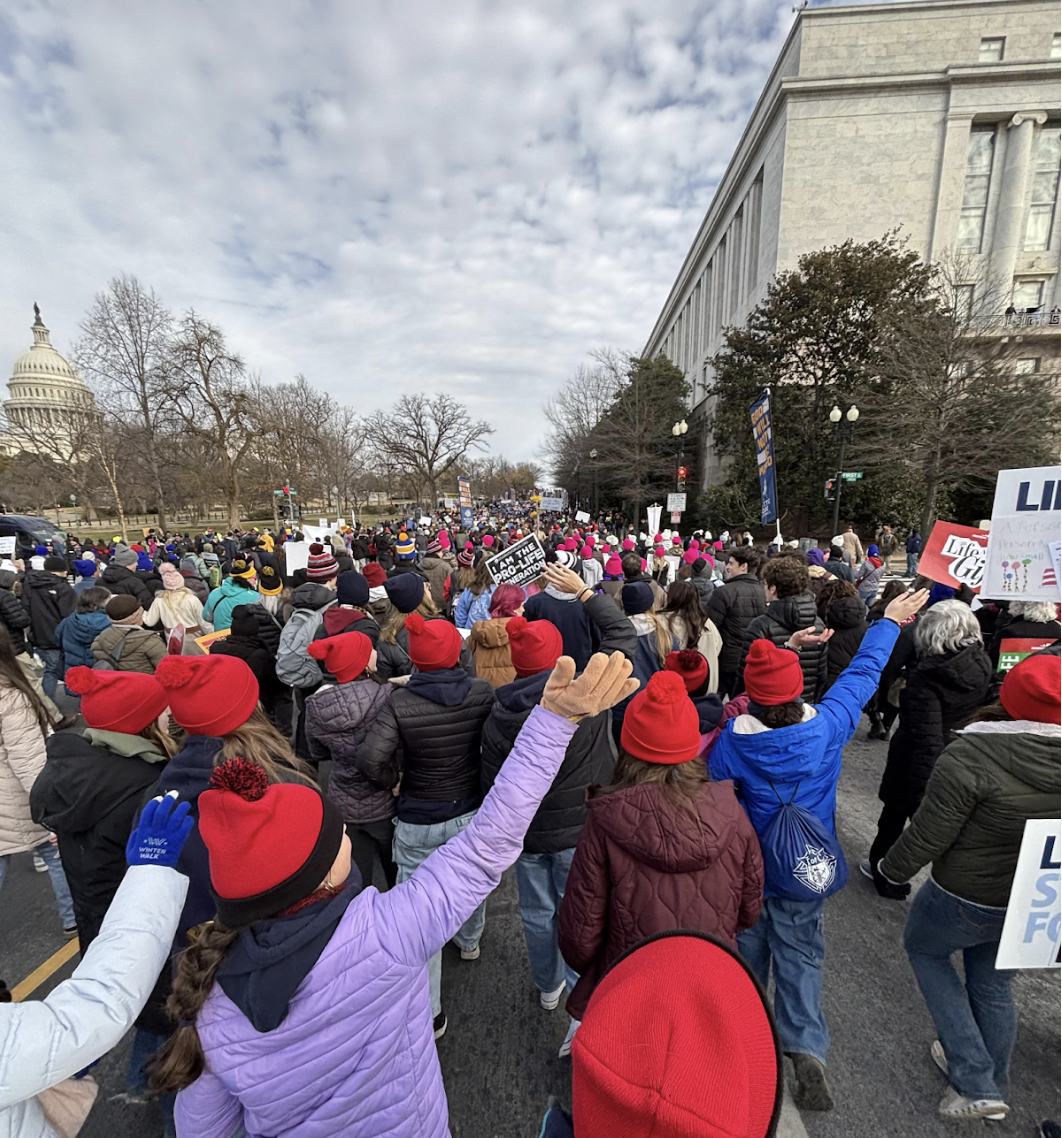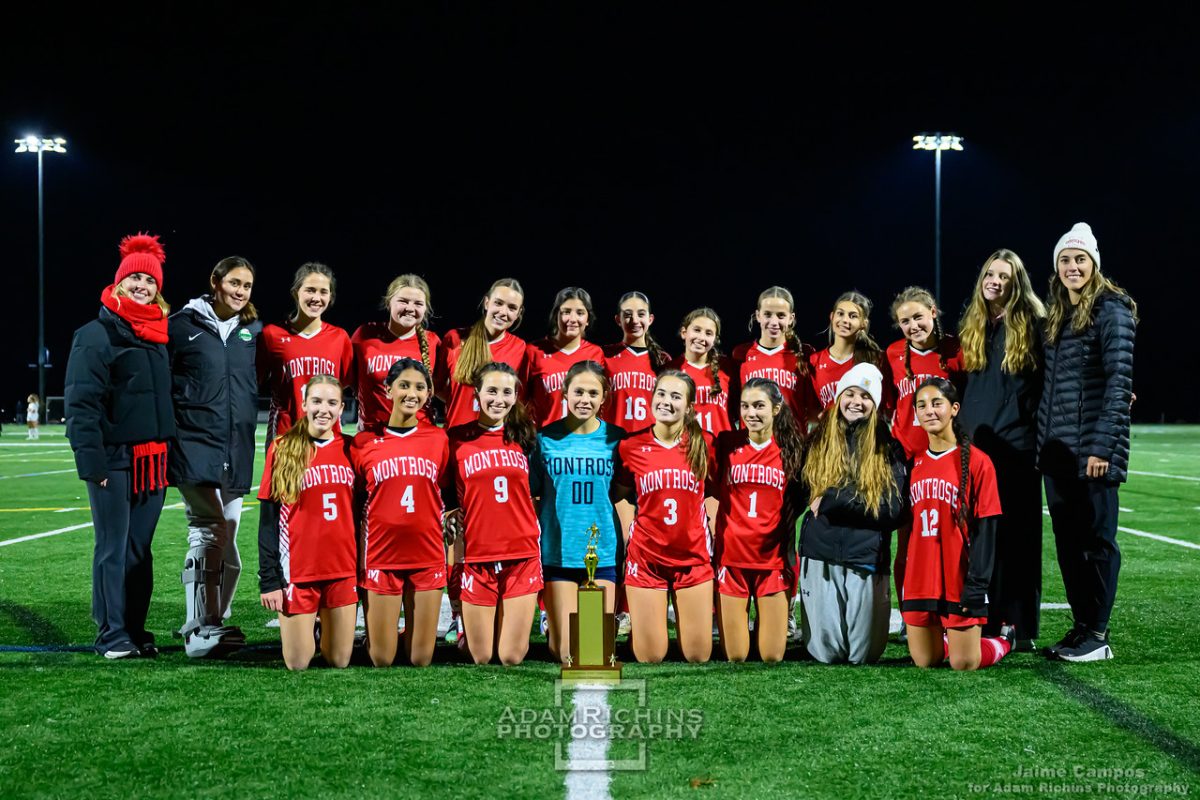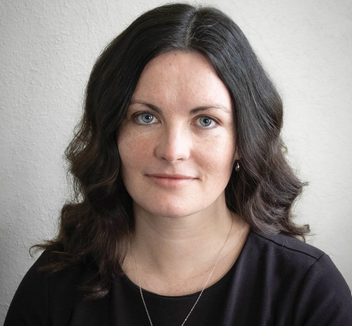In November 2024, Maine voters approved a referendum to limit individual contributions to political action committees (PACs) that independently support or oppose candidates. The measure, known as Question 1, caps individual donations to these so-called super PACs at $5,000 annually. This initiative, which garnered 74% voter approval, represents a significant bipartisan effort to address concerns over the influence of “dark money” in politics. (News Center Maine)
The referendum was spearheaded by Maine Citizens to End Super PACs, a group advocating for increased transparency and reduced financial influence in political campaigns. Supporters argue that large, unrestricted donations to super PACs undermine democratic processes by allowing wealthy individuals and organizations to exert disproportionate influence over elections. State Senator Rick Bennett, a proponent of the measure, stated that the initiative was created to sustain legal challenges and to restore public trust in the political process. (AP News)
Despite widespread public support, the new law has faced immediate legal opposition. Many groups, including Dinner Table Action and For Our Future, filed a lawsuit in federal court, asserting that the contribution limits infringe upon First Amendment rights. They reference the U.S. Supreme Court’s 2010 Citizens United decision, which allowed unlimited independent political spending, arguing that the Maine law contradicts this precedent. Alex Titcomb, executive director of Dinner Table Action, contended that the government “cannot restrict independent political speech simply because some voters wish to limit the voices of their fellow citizens.” (AP News)
In response to the lawsuit, the state has agreed to delay enforcement of the new donation limits by five months, allowing the legal challenge to proceed through the court system. This postponement means the law, initially set to take effect on December 25, 2024, will now be on hold until the legal issues are resolved. (Press Herald)
The outcome of this legal battle could have far-reaching implications for campaign finance reform both in Maine and nationally. Harvard Law School professor Lawrence Lessig, whose nonprofit Equal Citizens supported the referendum, believes that the U.S. Supreme Court has not explicitly ruled on the issue of individual contributions to PACs. He argues that existing case law provides states with the authority to set limits on individual contributions to PACs, even though some lower court rulings have disagreed. Supporters of the Maine initiative hope that this legal challenge will push the Supreme Court to clarify the issue, which could lead to a reevaluation of the campaign finance framework established by Citizens United. (CT Insider)
The campaign to pass Question 1 saw much bipartisan support, with endorsements from both Democratic and Republican lawmakers, as well as many civic organizations. Proponents from across the political spectrum viewed the measure as a means to curb the outsized influence of wealthy donors and special interest groups in elections. Opponents, however, including some free speech advocates and political organizations, argue that the contribution limits infringe upon constitutional rights and could stifle political expression. (Maine Morning Star)
The outcome of Maine’s legal battle could have far-reaching consequences for the future of campaign finance reform in the U.S. If the courts uphold the law, it could inspire similar efforts in other states and challenge the dominance of super PACs in national elections. On the other hand, a ruling against Maine’s measure could solidify the status quo, leaving citizens to question whether the democratic process, created to represent the will of the people, truly serves the voters it was designed to empower.
By Sanya Nadeem ‘26, Assistant Opinions and Politics Editor













